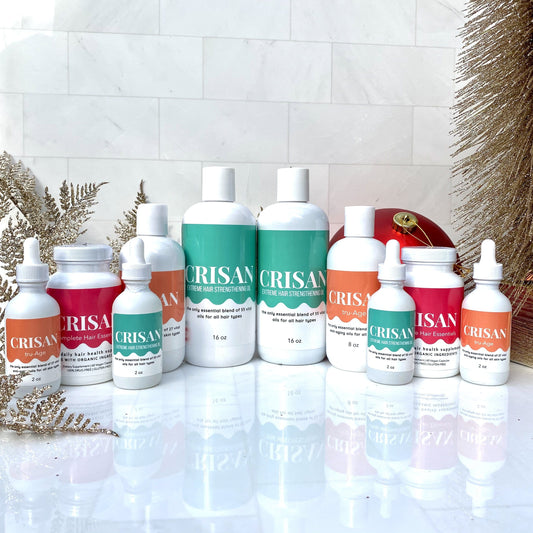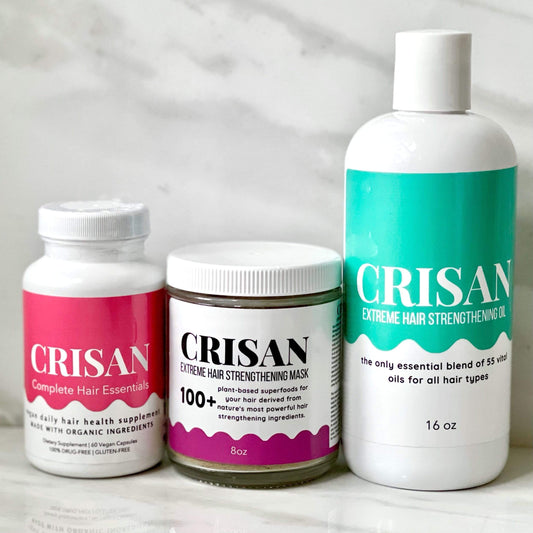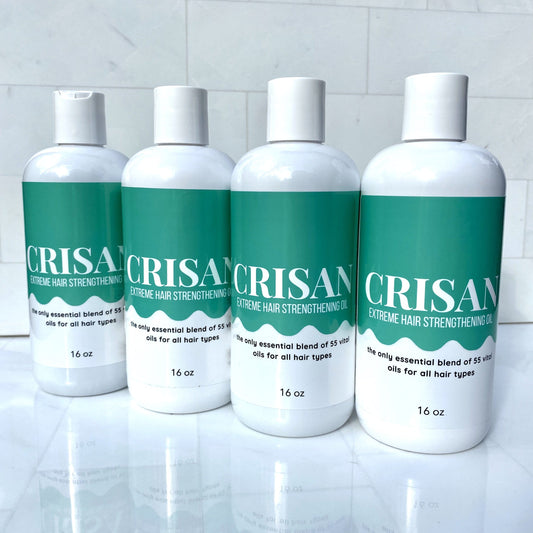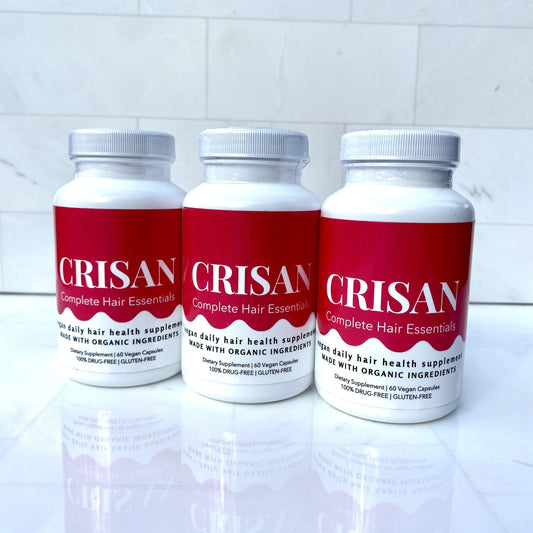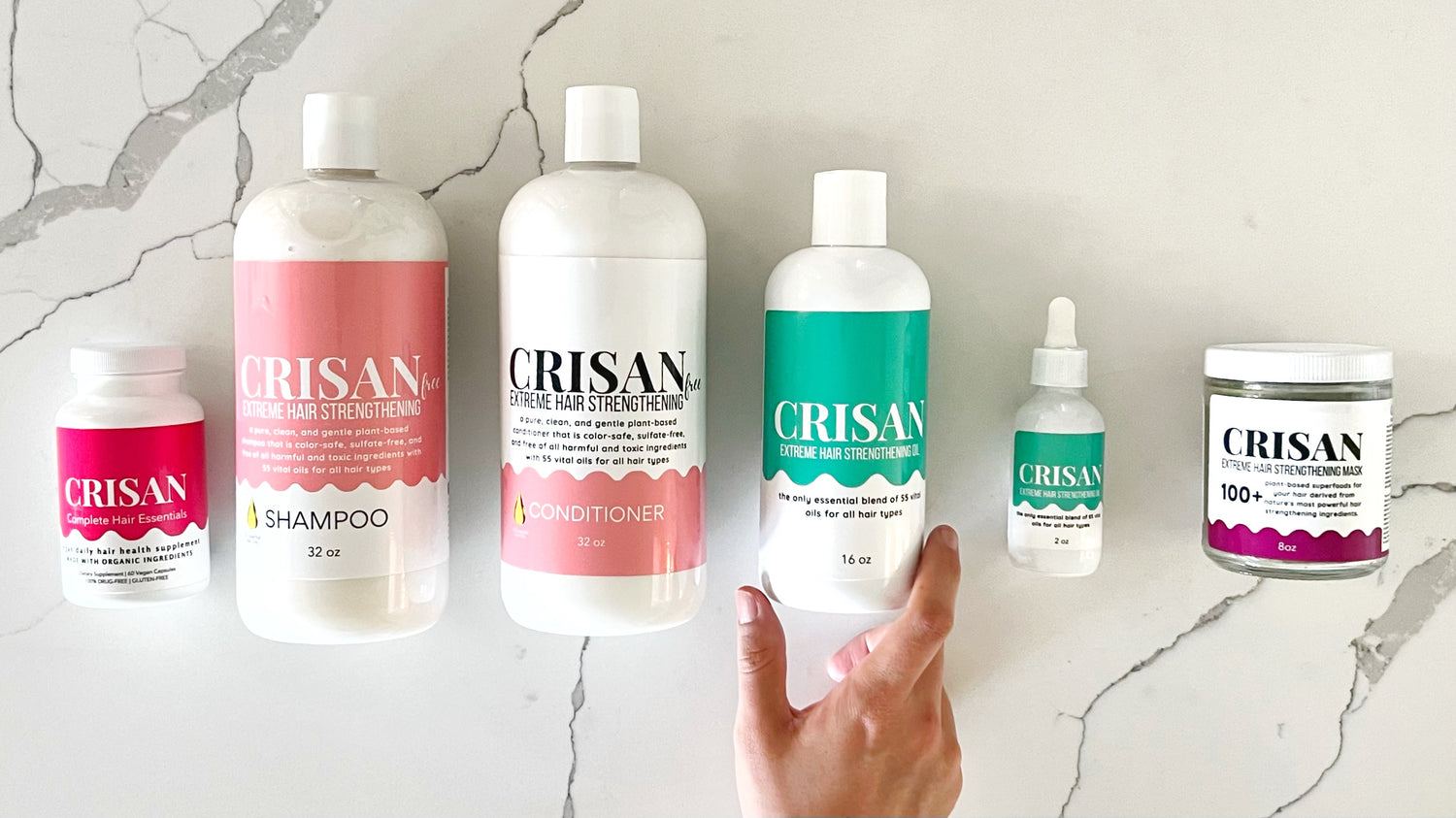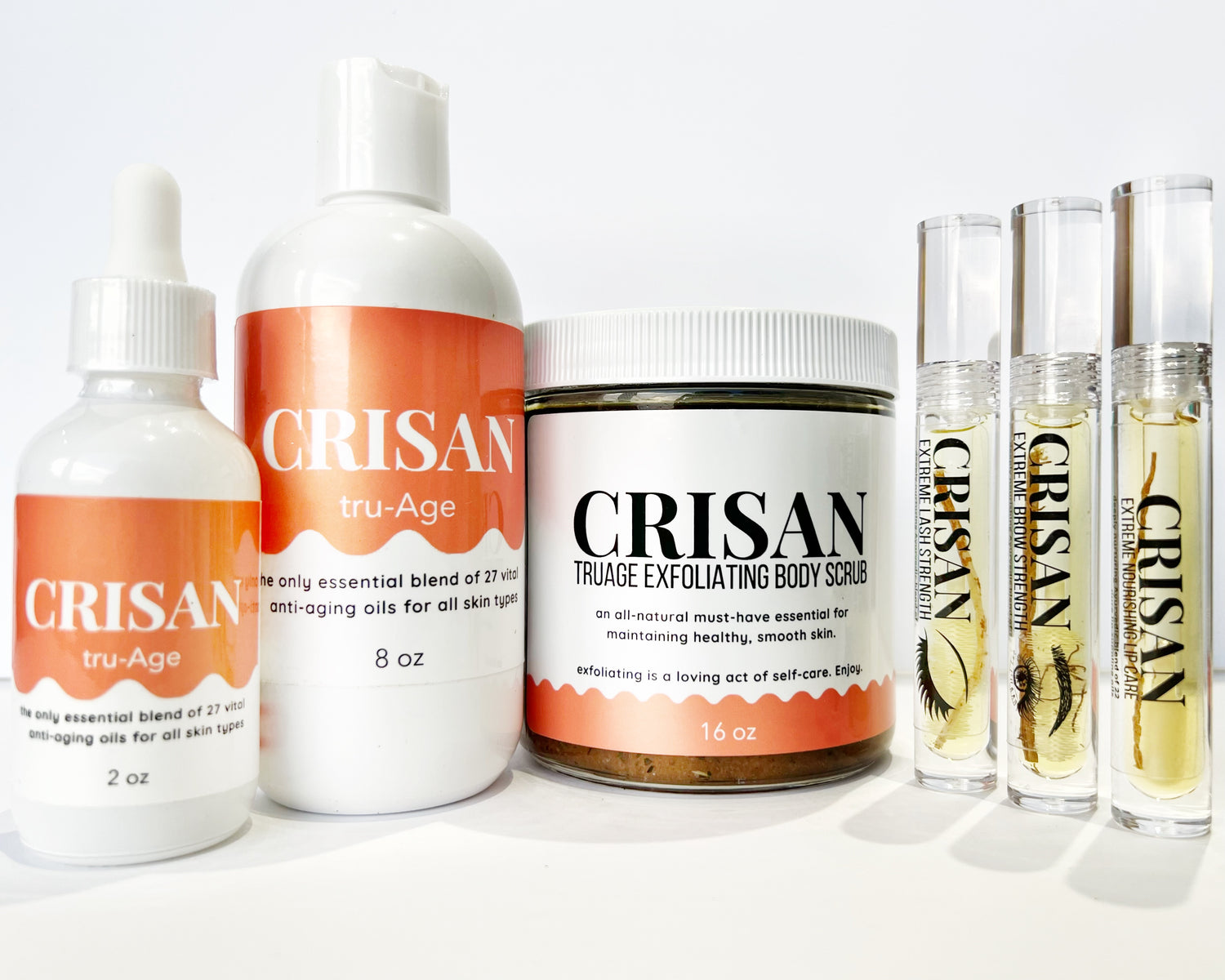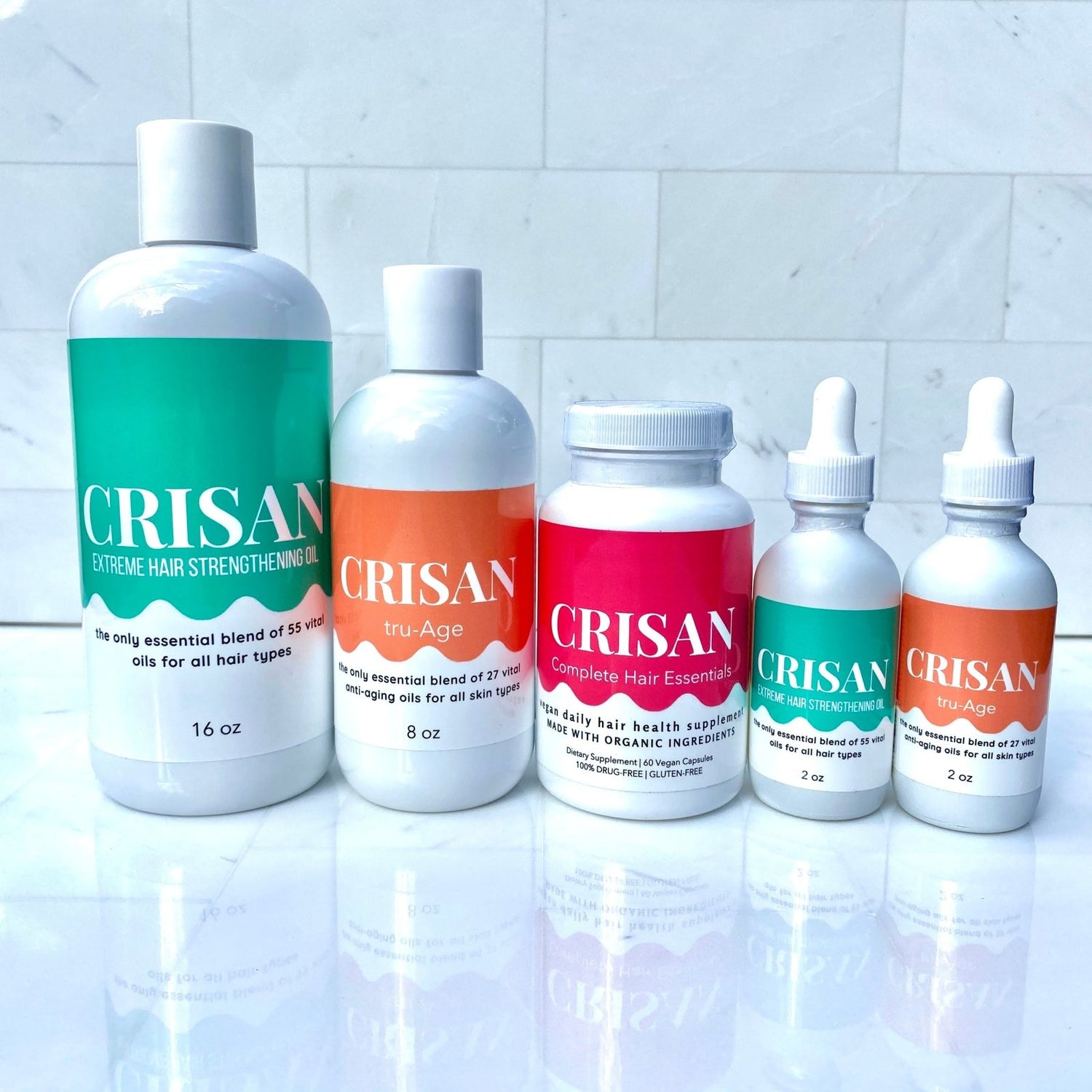In 2024, the quest for effective organic hair treatments for hair loss continues to evolve with innovative solutions and a deeper understanding of holistic approaches. Hair loss, a common concern affecting millions, can significantly impact self-esteem and overall well-being. This article delves into the causes of hair loss and explores nutrient-rich diets, herbal remedies, scalp care, and lifestyle changes that support hair growth. Additionally, it highlights cutting-edge organic treatments and the importance of consulting professionals for personalized care.
Key Takeaways
- Understanding the root causes of hair loss, including genetic factors, hormonal imbalances, and environmental stressors, is crucial for effective treatment.
- A nutrient-rich diet, incorporating essential vitamins, minerals, and superfoods, plays a vital role in maintaining hair health and promoting growth.
- Herbal remedies like aloe vera, rosemary oil, and green tea extracts offer natural benefits for scalp health and hair growth.
- Proper scalp care, including regular massages, natural exfoliants, and maintaining pH balance, can prevent hair loss and support healthy hair.
- Consulting with professionals for personalized treatment plans ensures a targeted and effective approach to managing hair loss.
Understanding the Causes of Hair Loss
Hair loss is a multifaceted issue that affects millions of people worldwide. Understanding the underlying causes can help in finding effective treatments and preventive measures. Here, we will explore some of the primary factors contributing to hair loss.
Genetic Factors
Genetics play a significant role in hair loss. Androgenetic alopecia, commonly known as male or female pattern hair loss, is hereditary and affects a large portion of the population. If you have a family history of hair loss, you are more likely to experience it yourself.
Hormonal Imbalances
Hormonal changes can also lead to hair loss. Conditions such as thyroid disorders, pregnancy, and menopause can disrupt the normal hair growth cycle. Additionally, hormonal imbalances caused by stress or illness can exacerbate the issue.
Environmental Stressors
Environmental factors like pollution, exposure to harsh chemicals, and even certain hairstyles can contribute to hair loss. It's essential to be mindful of these stressors and take steps to minimize their impact on your hair health.
By understanding these causes, you can better discover natural remedies for thinning hair in 2024. Explore causes, diet, herbal remedies, scalp care, and lifestyle changes for healthy hair growth.
Nutrient-Rich Diets for Hair Health
Essential Vitamins and Minerals
A balanced diet rich in essential vitamins and minerals is crucial for maintaining healthy hair. Aim to include biotin-rich foods such as wholegrains, liver, egg yolk, soy flour, and yeast. These nutrients support hair growth and strength. Additionally, iron and selenium are vital; iron helps regulate genes that contribute to hair growth, while selenium prevents loss of pigmentation and promotes healthy hair growth.
Superfoods for Hair Growth
Incorporating superfoods into your diet can significantly enhance hair health. Foods like berries, spinach, and fatty fish are packed with antioxidants and omega-3 fatty acids, which protect hair from oxidative stress and promote growth. High monounsaturated fat oils such as argan oil, almond oil, and olive oil provide deep nourishment to the scalp and hair.
Hydration and Hair Health
Staying hydrated is essential for overall health, including hair health. Drinking plenty of water ensures that your scalp and hair follicles remain hydrated, which is crucial for hair growth. Hydration helps maintain the elasticity and strength of your hair, reducing the risk of breakage.
Remember, a nutrient-rich diet is a foundational step in How to thicken hair with organic treatments. Proper nutrition supports the effectiveness of other treatments like How to use organic hair oil for thinning hair and How to make organic hair masks for hair thinning.
Herbal Remedies and Their Benefits
Herbal remedies have been used for centuries to promote hair health and combat hair loss. In 2024, these natural solutions continue to offer promising results for those seeking organic treatments.
Aloe Vera and Scalp Health
Aloe Vera is renowned for its soothing properties and ability to maintain scalp health. It helps to reduce dandruff and unblock hair follicles that may be blocked by excess oil. Before applying Aloe Vera, it's advisable to test the solution on a small patch of skin to avoid potential scalp irritation.
Rosemary Oil for Hair Growth
Rosemary oil is a powerful remedy that may be as effective as minoxidil in promoting hair growth. It improves circulation to the scalp, which can stimulate hair follicles. However, it's important to note that essential oils can irritate the skin, so a patch test is recommended.
Green Tea Extracts
Green tea extracts are rich in antioxidants, which help in reducing hair loss and promoting hair growth. They can be applied topically to the scalp to harness their benefits. Consistency and patience are key for results when using green tea extracts as part of your hair care routine.
Embracing herbal remedies requires a gentle approach and a willingness to observe how your scalp responds to these natural treatments. Always consider consulting with a professional to tailor these remedies to your specific needs.
The Role of Scalp Care in Preventing Hair Loss
Proper scalp care is essential in maintaining healthy hair and preventing hair loss. A well-maintained scalp can significantly reduce hair thinning and promote regrowth. Here are some effective methods to care for your scalp using organic products.
Importance of Scalp Massage
Scalp massage is a free technique that may help stabilize hair loss. Studies show that simply massaging your scalp can help increase the thickness of your hair. Massaging your scalp can also help relieve stress and tension, two emotions that may cause hair loss. To massage your scalp, use your fingertips, not your fingernails. Move your way across your scalp in small circles, applying light to medium pressure. There’s no specific amount of time to massage, but consistency is key.
Natural Exfoliants
Using natural exfoliants can help remove dead skin cells and promote a healthier scalp environment. Ingredients like sugar, salt, and oatmeal can be used to create gentle scrubs that cleanse the scalp without causing irritation. Regular exfoliation can help prevent clogged hair follicles and improve overall scalp health.
Maintaining Scalp pH Balance
Maintaining the right pH balance is crucial for a healthy scalp. The scalp's natural pH is slightly acidic, around 4.5 to 5.5. Using products that are too alkaline can disrupt this balance, leading to dryness and irritation. Opt for organic hair care products that are formulated to maintain the scalp's natural pH balance. This can help prevent issues like dandruff and promote a healthier environment for hair growth.
For those exploring how to prevent hair thinning with organic products, focusing on scalp care is a fundamental step. By incorporating these practices, you can create a healthier environment for your hair to thrive.
Innovative Organic Treatments for 2024
Plant-Based Serums
In 2024, plant-based serums are making waves in the hair care industry. These serums are formulated with potent botanical extracts that nourish the scalp and promote hair growth. Key ingredients often include aloe vera, rosemary, and green tea, which are known for their regenerative properties. For those wondering, "what is the best organic shampoo for thinning hair in 2024?" these serums can be a complementary addition to your hair care routine.
Organic Hair Masks
Organic hair masks are another innovative treatment gaining popularity. These masks are designed to deeply condition the hair, providing essential nutrients and moisture. Ingredients like avocado, coconut oil, and honey are commonly used for their hydrating and strengthening benefits. Regular use of these masks can lead to noticeable improvements in hair texture and volume.
Essential Oil Blends
Essential oil blends are being increasingly recognized for their therapeutic benefits in hair care. Oils such as lavender, peppermint, and cedarwood are mixed to create powerful treatments that can improve scalp health and stimulate hair growth. These blends are often used in conjunction with scalp massages to enhance their effectiveness.
Embracing these innovative organic treatments can be a game-changer for those struggling with hair loss. They offer a natural and effective way to nourish your hair and scalp, promoting healthier and fuller hair in the long run.
Lifestyle Changes to Support Hair Growth
Adopting certain lifestyle changes can significantly impact hair health and promote growth. Nutrients are pivotal in nourishing hair follicles, supporting their development, and enhancing their resilience against damage. Here are some key lifestyle adjustments to consider:
Stress Management Techniques
Chronic stress can lead to hair loss by disrupting the hair growth cycle. Incorporating stress management techniques such as meditation, yoga, and deep-breathing exercises can help maintain a healthy scalp environment. Regular physical activity also plays a crucial role in reducing stress levels.
Sleep and Hair Health
Adequate sleep is essential for overall health, including hair growth. During sleep, the body repairs and regenerates tissues, including hair follicles. Aim for 7-9 hours of quality sleep each night to support hair health.
Physical Activity and Circulation
Engaging in regular physical activity improves blood circulation, which is vital for delivering essential nutrients to the hair follicles. Activities like walking, jogging, and swimming can enhance circulation and promote hair growth.
Taking care of yourself with a healthy, well-balanced diet, getting plenty of sleep, and eliminating stressors in your life will help maintain proper functions of your body, including hair growth.
Incorporating these lifestyle changes can complement other treatments and create a holistic approach to hair health. For more specific guidance, consider consulting with a healthcare provider or a hair care specialist.
Consulting with Professionals for Personalized Care
Choosing the Right Specialist
Selecting the appropriate specialist is crucial for effective hair loss treatment. Consulting with a dermatologist or trichologist can provide insights into the underlying causes of hair loss and the best treatment options. It's essential to choose a professional with experience in hair health to ensure you receive the most accurate diagnosis and personalized care.
Customized Treatment Plans
A personalized treatment plan is vital for addressing individual hair loss concerns. Professionals can tailor treatments based on your specific needs, considering factors like genetic predisposition, hormonal imbalances, and environmental stressors. This customized approach increases the likelihood of successful outcomes and helps in managing expectations.
Monitoring Progress and Adjustments
Regular follow-ups with your specialist are important to monitor the effectiveness of the treatment plan. Adjustments may be necessary based on your progress and any changes in your condition. This ongoing evaluation ensures that the treatment remains effective and any side effects are promptly addressed.
Personalized care from a specialist can significantly enhance the effectiveness of hair loss treatments, providing a tailored approach that addresses your unique needs.
Consulting with professionals for personalized care can make a significant difference in your health and wellness journey. Our experts are here to provide tailored advice and solutions that meet your unique needs. Don't wait to take the first step towards a healthier you. Visit our website today to learn more and get started!
Conclusion
In 2024, the landscape of organic hair treatments for hair loss is more promising than ever. With a variety of scientifically-backed options available, individuals experiencing hair loss have a range of effective treatments to choose from. From natural supplements like saw palmetto to innovative therapies such as PRP, these treatments offer hope and tangible results. It is essential to consult with healthcare professionals to determine the most suitable approach tailored to individual needs. Remember, addressing hair loss is not just about aesthetics; it is about improving overall well-being and confidence. Embrace these advancements with optimism and take the first step towards healthier, fuller hair.
Frequently Asked Questions
What are the main causes of hair loss?
The main causes of hair loss include genetic factors, hormonal imbalances, and environmental stressors.
How can a nutrient-rich diet benefit hair health?
A nutrient-rich diet provides essential vitamins and minerals, includes superfoods that promote hair growth, and ensures proper hydration, all of which are crucial for maintaining healthy hair.
What are some effective herbal remedies for hair loss?
Effective herbal remedies for hair loss include aloe vera for scalp health, rosemary oil for hair growth, and green tea extracts.
Why is scalp care important in preventing hair loss?
Scalp care is important because it involves practices like scalp massage, using natural exfoliants, and maintaining scalp pH balance, all of which contribute to preventing hair loss.
What are some innovative organic treatments for hair loss in 2024?
Innovative organic treatments for hair loss in 2024 include plant-based serums, organic hair masks, and essential oil blends.
How can lifestyle changes support hair growth?
Lifestyle changes such as stress management techniques, ensuring adequate sleep, and engaging in physical activity to improve circulation can support hair growth.


